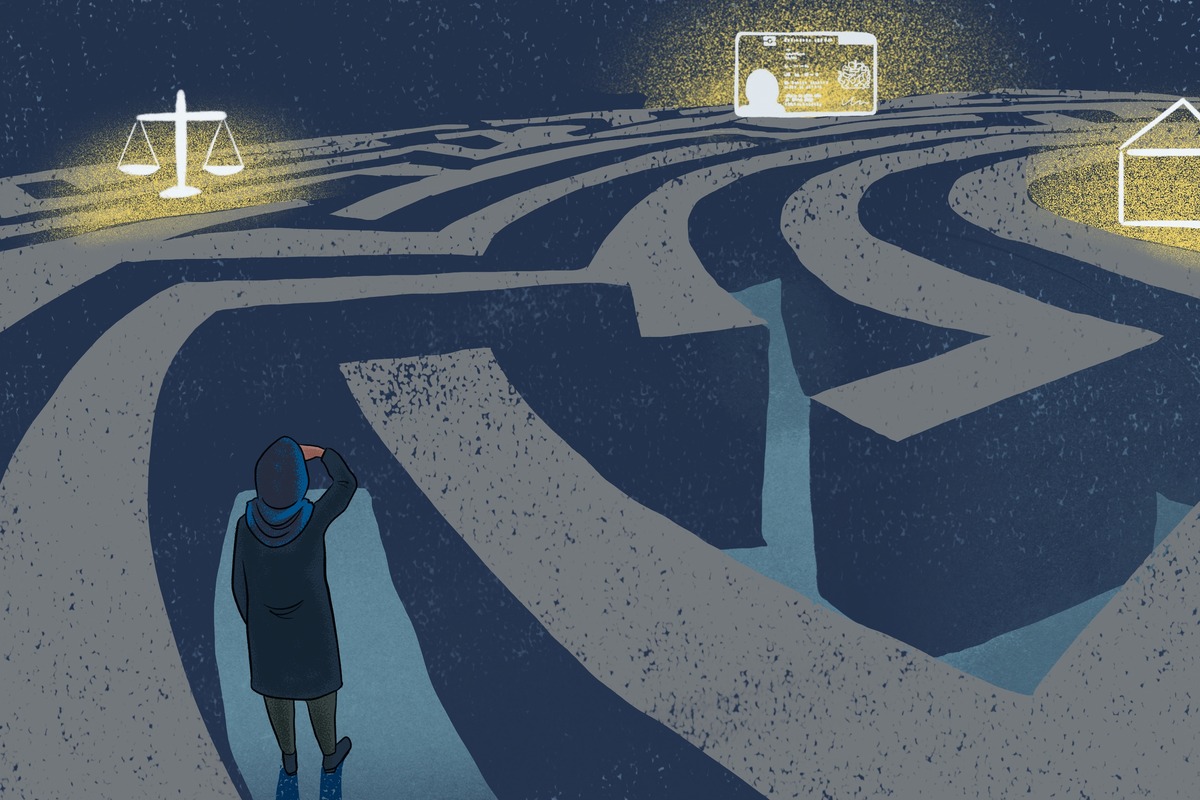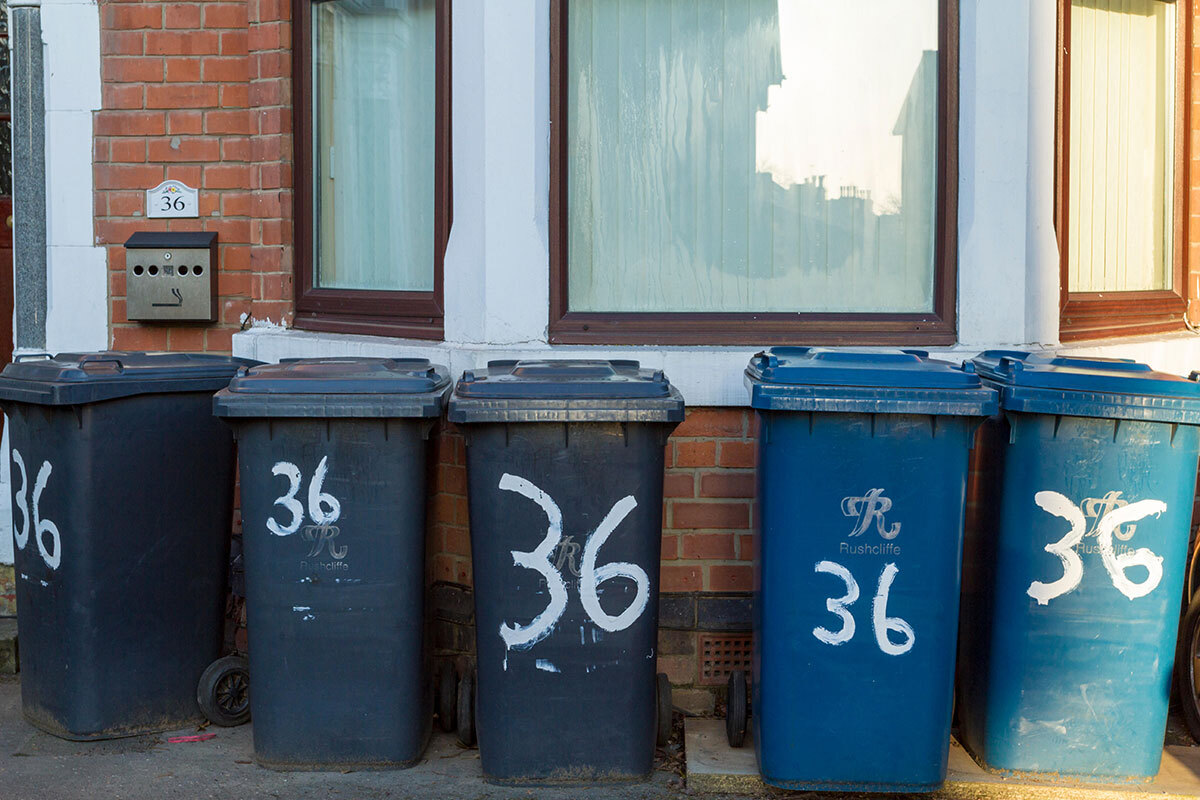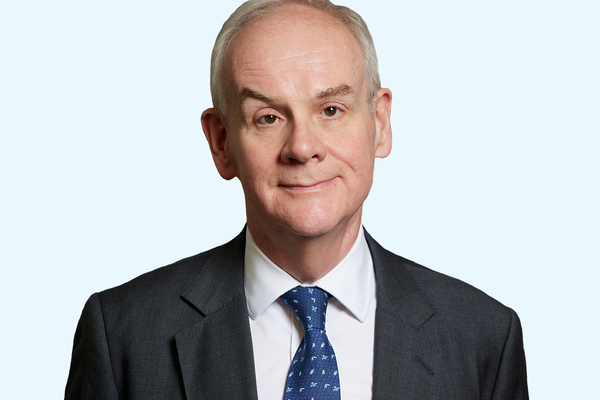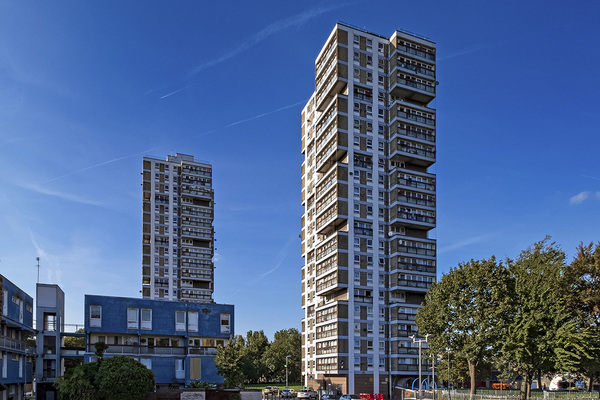You are viewing 1 of your 1 free articles

Bridget Young is director at NACCOM
Asylum seekers face homelessness and destitution, we have to reform the system
People who receive negative asylum decision often face homelessness and destitution, writes Bridget Young
The Illegal Migration Bill has now passed into law. This legislation is cruel, unevidenced and unworkable. Rather than deal with the complicated reality of refugee protection, the government has looked at all the challenges and opportunities there are within the asylum and immigration system in this country and said: “No. We won’t deal with any of this. Instead, we’ll stick our fingers in our ears, pretend the problems will go away, and that we aren’t causing extraordinary and needless suffering.”
We live in a global world with conflict, climate disasters and corporations that have more power than some countries. People have always, and will always, move. To seek safety. To seek opportunity. To make a better life for themselves and their families, and to be with their communities. As a country we cannot continue to aspire to be a key player on the global stage, but choose not to engage with the responsibility of how to deal with people moving.
Criticism is sometimes levelled at advocates of a fair, just and humane asylum system that we don’t put forward solutions to the challenges of the asylum system, or how else we might “stop the boats”. But the solutions are there, if you choose to listen. Aside from the obvious – create safe routes. Invest in asylum processing so that decisions are made fairly, accurately and quickly. Give people seeking asylum the right to work. Build more social homes. Fix the private rented sector. Restore access to justice by investing in legal aid. These are big solutions to huge challenges – but they are meaningful solutions.
“These solutions are workable, cost-effective and person-centred, unlike the government’s plans”
You don’t have to look very far to find out why we urgently need these solutions. At NACCOM we have just launched a new report looking at the deeply traumatic experiences of people who have received a negative asylum decision, who then face homelessness and destitution as a result. Designed, led and delivered by our incredible group of volunteer community researchers, who all have lived experienced of homelessness and immigration control, it contains powerful findings that explore the devastating personal impact that can follow a negative asylum decision.
Peer-led research like this provides a vital insight into the real-life consequences of poor and ineffective asylum decision-making and processes at a time when the government is facing mounting pressure and scrutiny about its handling of the asylum system.
It shines a light on a part of the asylum system that is often misunderstood, and highlights the systemic barriers, incompetence and injustice that can be central to a refused asylum claim. But it also suggests policy and practice changes that would dramatically improve the lives of people who receive a negative decision (and move towards more accurate decisions being made in the first place), mitigating the risks of homelessness and destitution, and ensuring that people are able to go through the asylum process more quickly and fairly, with agency and dignity.
“Criticism is sometimes levelled at advocates of a fair, just and humane asylum system that we don’t put forward solutions...but the solutions are there, if you choose to listen”
These solutions are workable, cost-effective and person-centred, unlike the government’s plans. They include introducing processes to help people understand the asylum system at the point at which they claim asylum and at different stages of their claim; extending the period following an asylum decision before asylum support is stopped to 56 days (in line with other homelessness legislation); and introducing an obligation on the Home Office to refer people who have received a refusal to local authority homelessness teams (a duty to refer).
Ensuring that all people seeking asylum in the UK are able to obtain good-quality legal help and representation, and can uphold their rights and access justice, through significant reform to legal aid is also key.
Before all this though, the government must open its eyes to the complex reality of refugee protection, at the heart of which are real people, who – as our report shows – can help create the solutions we so very much need.
Bridget Young, director, NACCOM
Sign up for our daily newsletter
Already have an account? Click here to manage your newsletters












